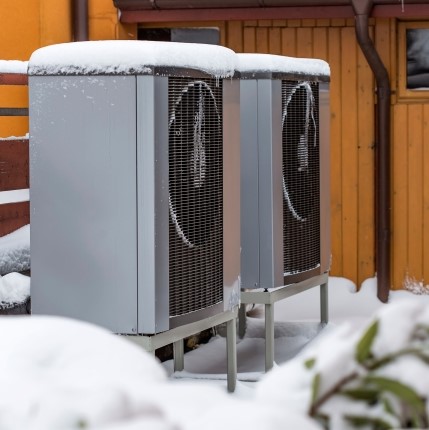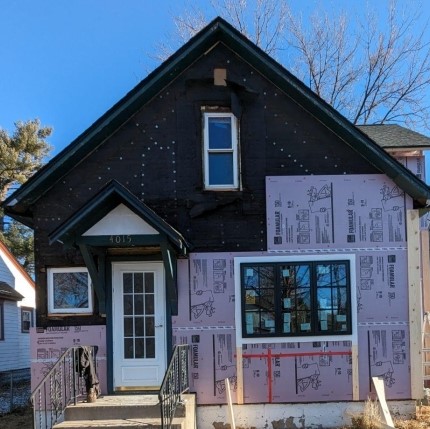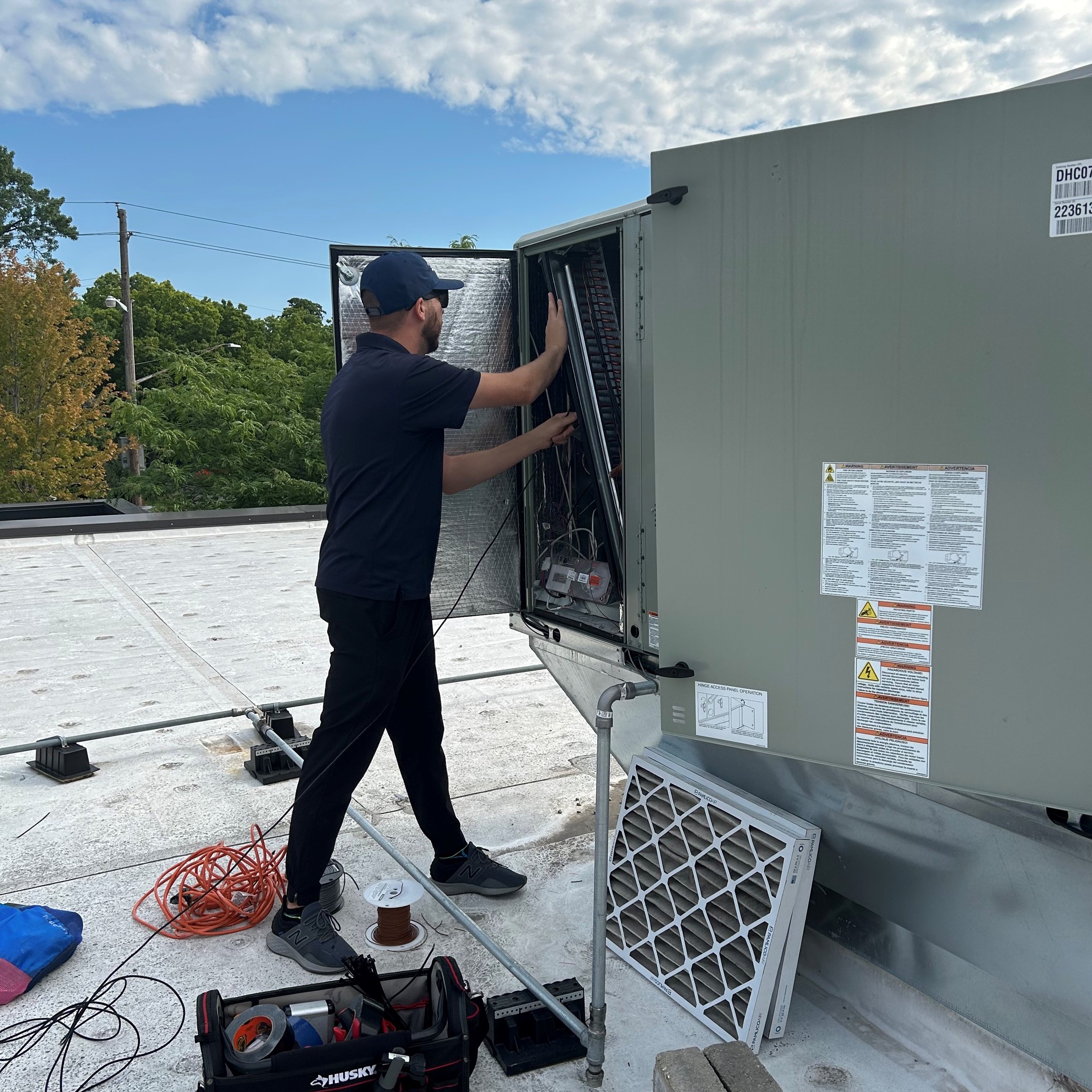This post complements our quarterly research newsletter, which features updates on CEE's research projects. Sign up to get this information in your inbox.
ACEEE's 2024 Summer Study on Energy Efficiency in Buildings
 CEE staff will be attending and presenting at the American Council for an Energy-Efficient Economy's (ACEEE) 2024 Summer Study on Energy Efficiency in Buildings, taking place August 4–9 at the Asilomar Conference Grounds in Pacific Grove, CA. The conference will bring together professionals from the clean energy industry to collaborate, debate, and advance the technologies, practices, and research necessary to equitably decarbonize the building sector. The 2024 theme is Equity and Climate Action: Time to Deliver. The theme addresses the urgency of the climate crisis and the opportunity to correct course through an unprecedented investment to transform our built environment and electricity sector: the Inflation Reduction Act.
CEE staff will be attending and presenting at the American Council for an Energy-Efficient Economy's (ACEEE) 2024 Summer Study on Energy Efficiency in Buildings, taking place August 4–9 at the Asilomar Conference Grounds in Pacific Grove, CA. The conference will bring together professionals from the clean energy industry to collaborate, debate, and advance the technologies, practices, and research necessary to equitably decarbonize the building sector. The 2024 theme is Equity and Climate Action: Time to Deliver. The theme addresses the urgency of the climate crisis and the opportunity to correct course through an unprecedented investment to transform our built environment and electricity sector: the Inflation Reduction Act.
CEE staff will present on a wide range of technologies and approaches that will be critical to answering this important moment in energy efficiency, including heat pumps, market transformation, workforce development, high-performance windows, and cold climate building decarbonization. The session schedule is now live on the ACEEE Summer Study website.
Heat Pumps with Energy Storage
Background:  Although heat pumps can perform efficiently and effectively for most space heating needs, available products lose performance in the coldest conditions. To ensure resiliency, current practice in Minnesota is to pair residential heat pumps with a backup heating system, but these are expensive, technically challenging to integrate, and can cause excessive electricity demand. This project will evaluate at least two commercially available thermal storage technologies that enable resilient and efficient heat pump space heating, potentially without a supplemental heating source.
Although heat pumps can perform efficiently and effectively for most space heating needs, available products lose performance in the coldest conditions. To ensure resiliency, current practice in Minnesota is to pair residential heat pumps with a backup heating system, but these are expensive, technically challenging to integrate, and can cause excessive electricity demand. This project will evaluate at least two commercially available thermal storage technologies that enable resilient and efficient heat pump space heating, potentially without a supplemental heating source.
Update: The project team is currently in the recruitment phase of the project and is seeking single-family homes for test sites. At selected sites, the team will install a new heat pump and thermal storage system, which will perform at higher efficiency than traditional systems. Participants will receive a rebate to reduce installation costs and technical support from our expert staff.
Apply to participate in the project
This project is supported by a grant from the Minnesota Department of Commerce, Division of Energy Resources through the Conservation Applied Research and Development (CARD) program, which is funded by Minnesota ratepayers.
Continuous Exterior Insulation
 Background: Recent CARD-funded modeling work suggests that cost barriers to continuous exterior insulation (CEI) are overstated and there is a significant cost-effective potential within Minnesota's building stock for this work. The project team will deploy CEI measures on up to ten homes to evaluate natural gas savings, carbon reduction, and cost-effectiveness. The team will analyze the efficacy of CEI to lower heating and cooling loads, document projects to identify logistical and other barriers, and model the impact of CEI on decarbonization and electrification efforts.
Background: Recent CARD-funded modeling work suggests that cost barriers to continuous exterior insulation (CEI) are overstated and there is a significant cost-effective potential within Minnesota's building stock for this work. The project team will deploy CEI measures on up to ten homes to evaluate natural gas savings, carbon reduction, and cost-effectiveness. The team will analyze the efficacy of CEI to lower heating and cooling loads, document projects to identify logistical and other barriers, and model the impact of CEI on decarbonization and electrification efforts.
Update: CEE's project team is currently recruiting single-family homes in the Twin Cities metro area to serve as demonstration sites. Selected participants will work with CEE's contractor partner to install CEI as part of their existing residing project with up to $15,000 in CEI costs offset by CEE. The study includes a monitoring period during which the project team will remotely measure the energy use and performance of the HVAC system after CEI is installed.
Apply to participate in the project
This project is supported by a grant from the Minnesota Department of Commerce, Division of Energy Resources through the Conservation Applied Research and Development (CARD) program, which is funded by Minnesota ratepayers.
Next Gen Rooftop Units
 Background: Next gen rooftop units (RTUs) are packaged heating and cooling units that use energy efficient technology to effectively heat and cool a commercial space, reducing energy consumption and emissions. This initiative from Minnesota's Efficient Technology Accelerator is working to advance the performance of RTUs with this next gen technology to meet the growing demand for sustainable building solutions. In Minnesota, 80% of commercial buildings rely on RTUs for heating and cooling, with 97% of these systems using gas heat, making the transition to more efficient systems a key opportunity to significantly reduce emissions in the state.
Background: Next gen rooftop units (RTUs) are packaged heating and cooling units that use energy efficient technology to effectively heat and cool a commercial space, reducing energy consumption and emissions. This initiative from Minnesota's Efficient Technology Accelerator is working to advance the performance of RTUs with this next gen technology to meet the growing demand for sustainable building solutions. In Minnesota, 80% of commercial buildings rely on RTUs for heating and cooling, with 97% of these systems using gas heat, making the transition to more efficient systems a key opportunity to significantly reduce emissions in the state.
Update: The initiative team is currently seeking two commercial building sites that have RTUs equipped with energy recovery ventilators (ERVs) and one with variable speed dual fuel heat pump RTUs but are open to monitoring single-stage or multi-stage dual fuel heat pump RTUs in order to establish a better understanding of these new technologies. Participants will need to provide roof access to CEE to install and remove monitoring equipment and access to the interior space to survey occupancy, controls, and duct configuration.
Email Leah Guenter for more information on project participation
Minnesota's Efficient Technology Accelerator is funded by investor-owned utilities and administered by the Minnesota Department of Commerce, Division of Energy Resources.
High-Performance Windows
 Background: Minnesota's Efficient Technology Accelerator (ETA) is moving energy efficiency to market faster. ETA's Wise Window Hub focuses on ENERGY STAR prescriptive windows. These windows have a U-factor of 0.22 that leads to higher energy efficiency in a home. High-performance windows (HPWs) also provide notable non-energy benefits including half as much outdoor sound, less risk of indoor condensation, and nearly twice the insulating power of standard windows.
Background: Minnesota's Efficient Technology Accelerator (ETA) is moving energy efficiency to market faster. ETA's Wise Window Hub focuses on ENERGY STAR prescriptive windows. These windows have a U-factor of 0.22 that leads to higher energy efficiency in a home. High-performance windows (HPWs) also provide notable non-energy benefits including half as much outdoor sound, less risk of indoor condensation, and nearly twice the insulating power of standard windows.
Update: CEE has several available funding opportunities to pilot HPWs, and the initiative partners are actively looking for pilot partners. These funds cover the cost to upgrade from standard windows to HPWs (typical added cost of $50–$100 per window). If you are aware of any window installation opportunities or have been considering purchasing windows, please contact Ellen Hofstede, program coordinator for high-performance windows.
Email Ellen Hofstede to learn more about project participation
Minnesota's Efficient Technology Accelerator is funded by investor-owned utilities and administered by the Minnesota Department of Commerce, Division of Energy Resources.
MEDIA CONTACT
Tim Hanrahan, thanrahan@mncee.org
